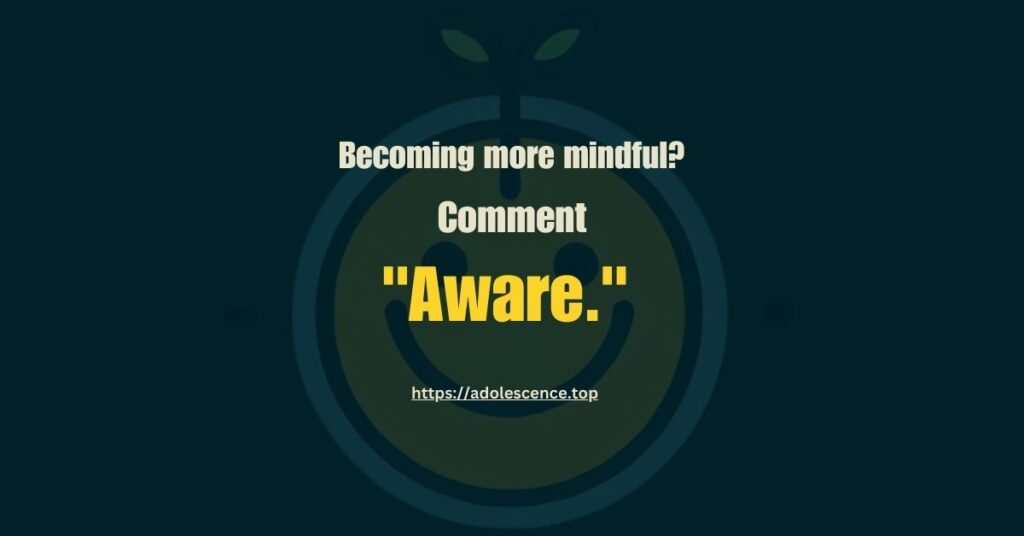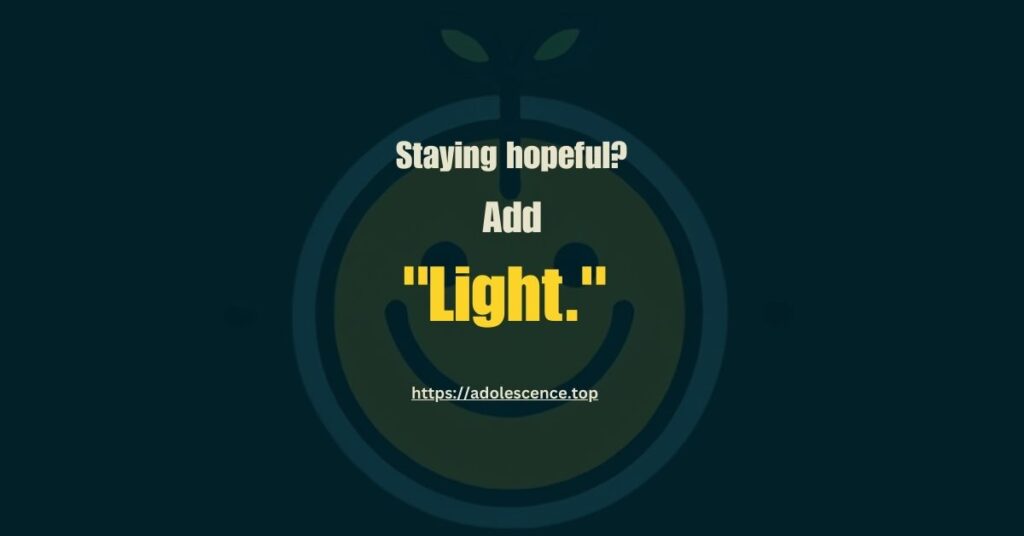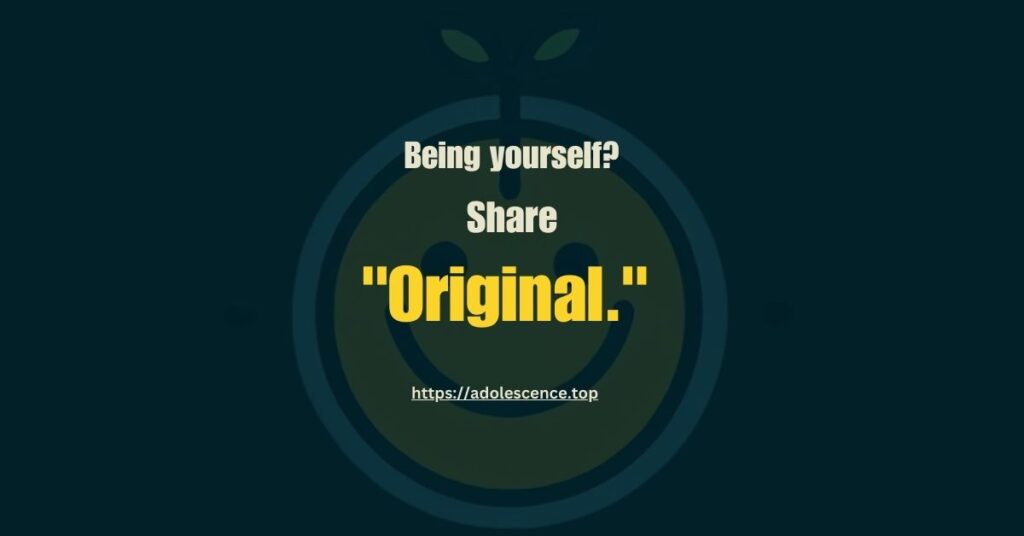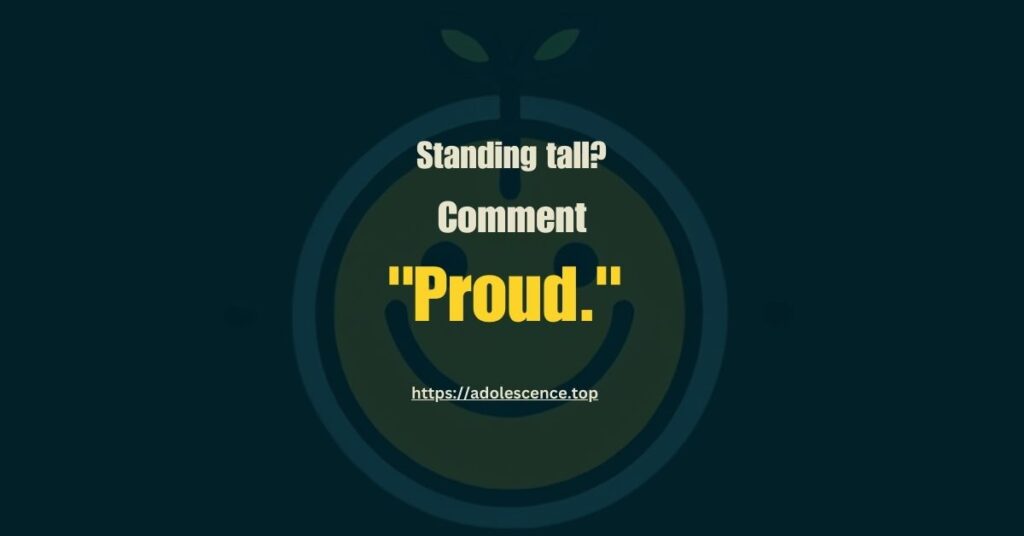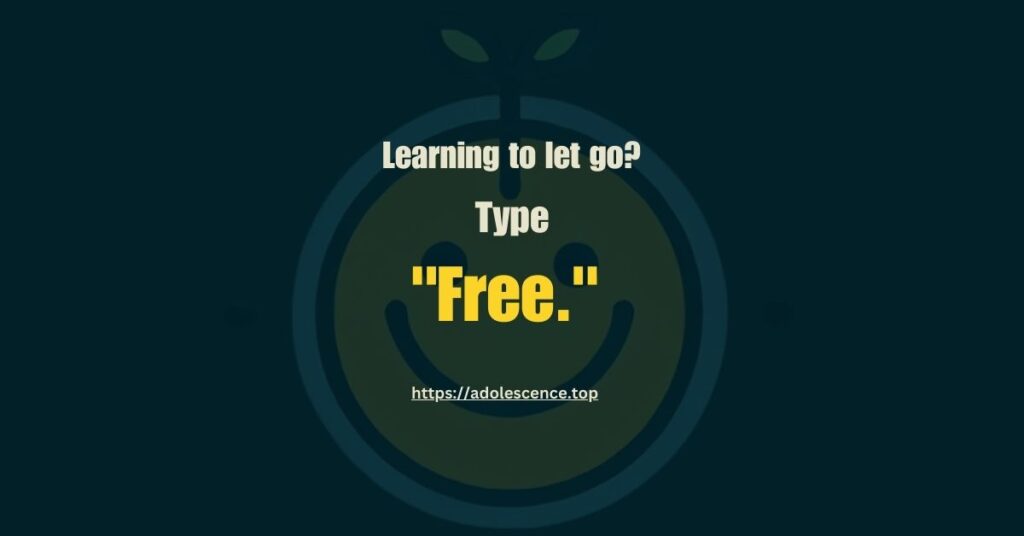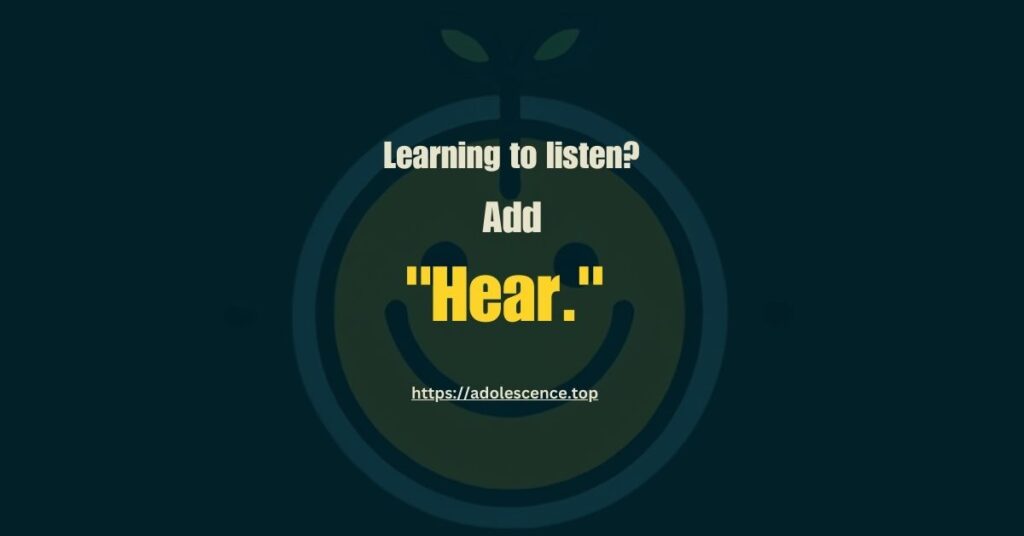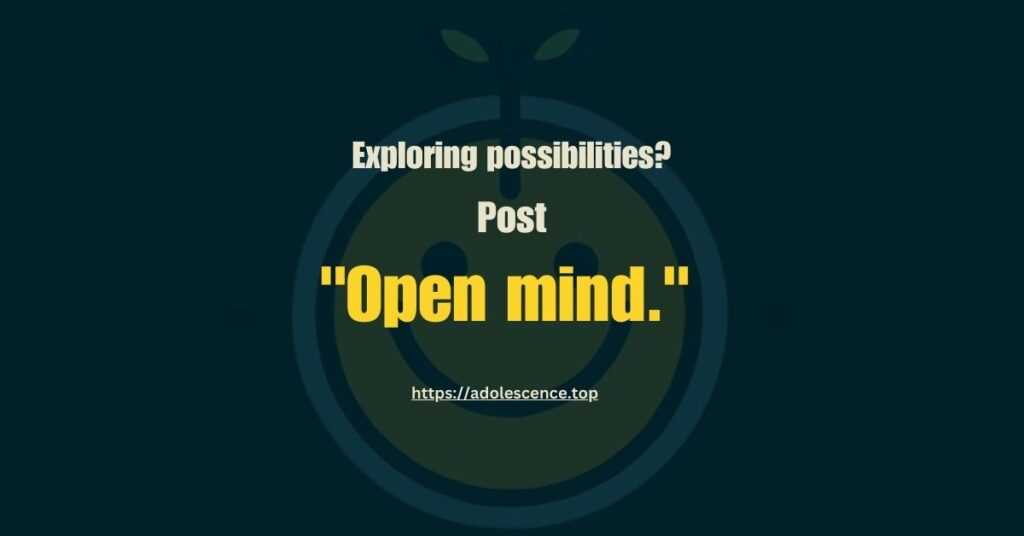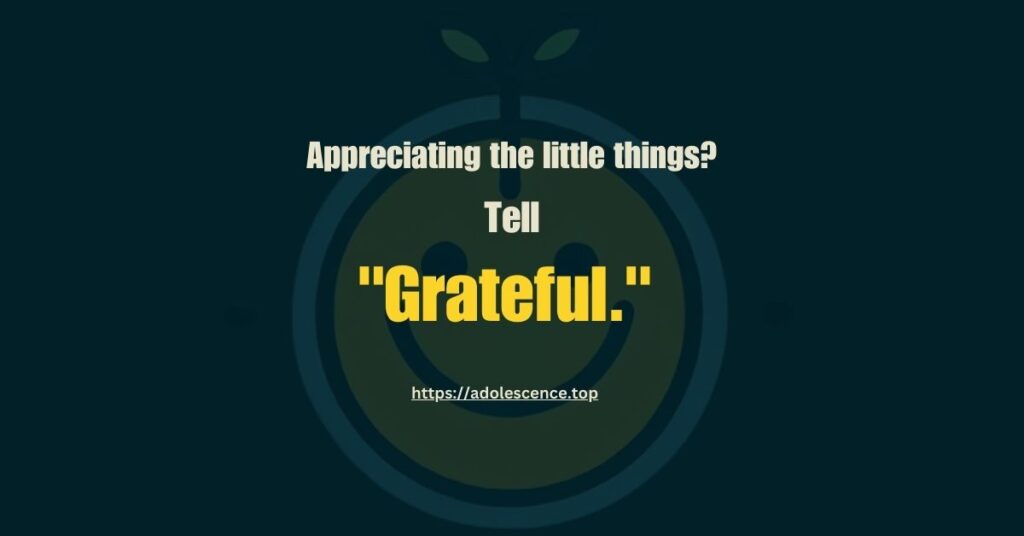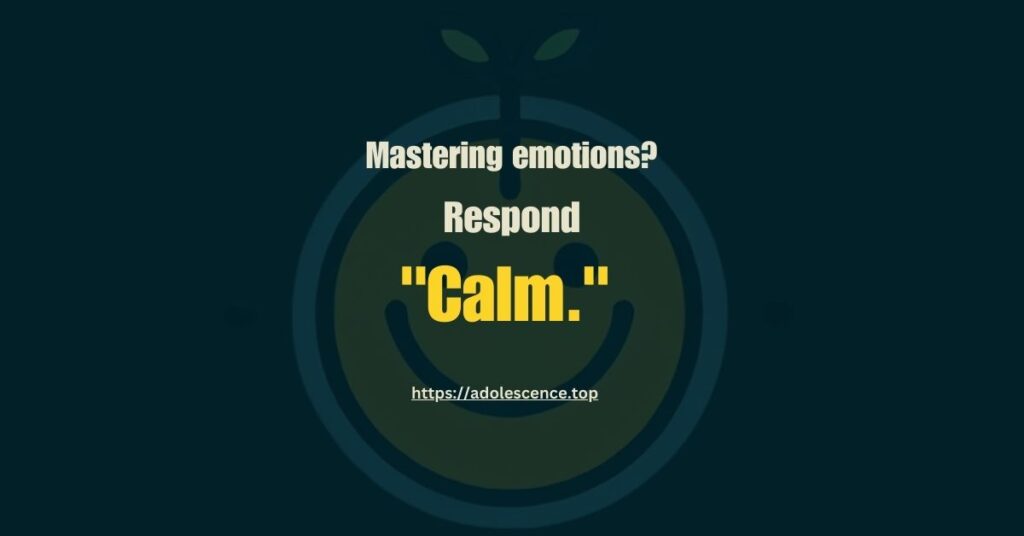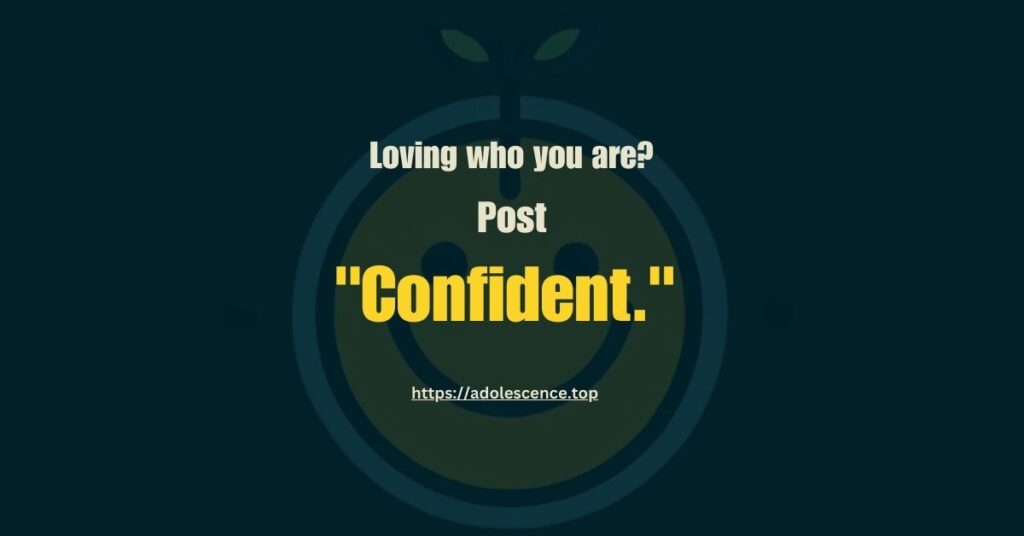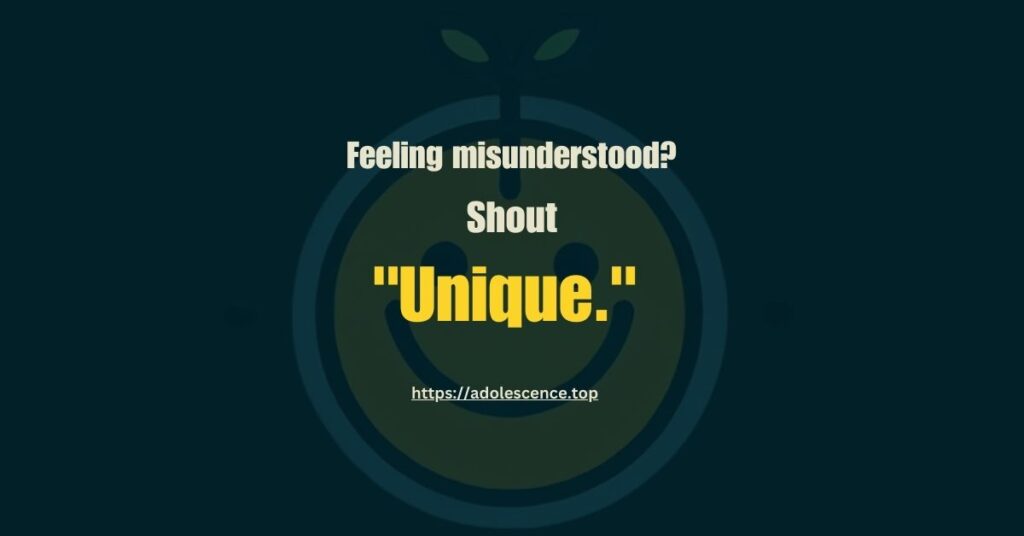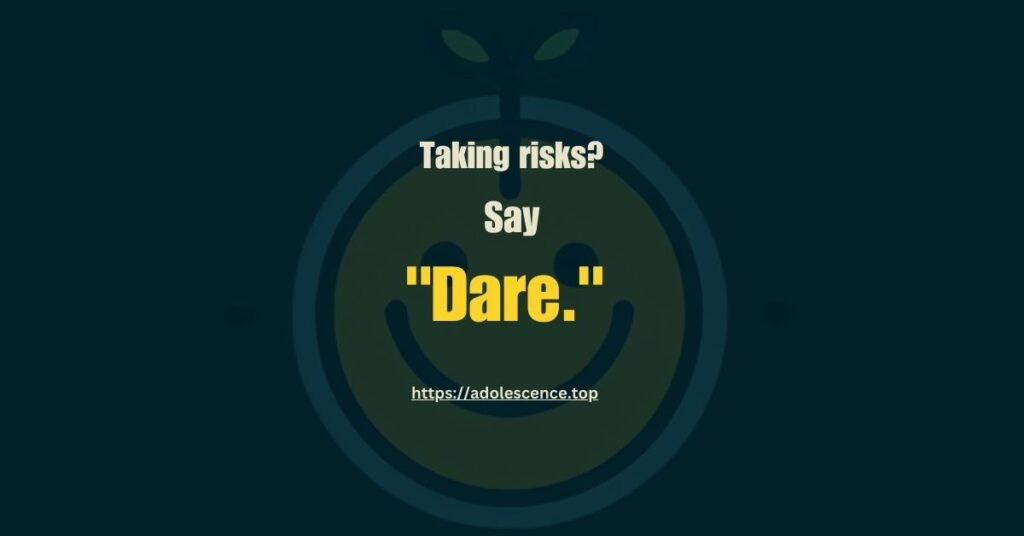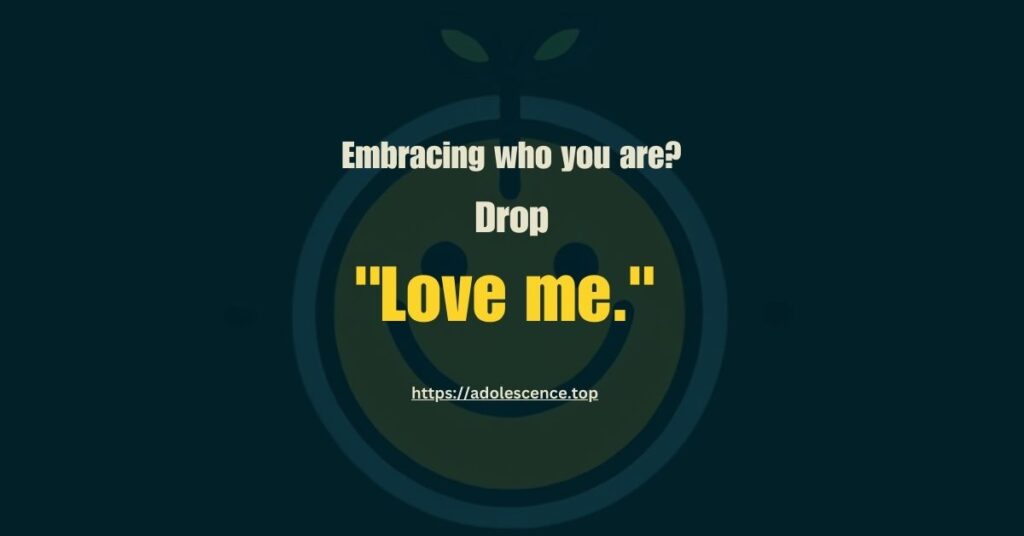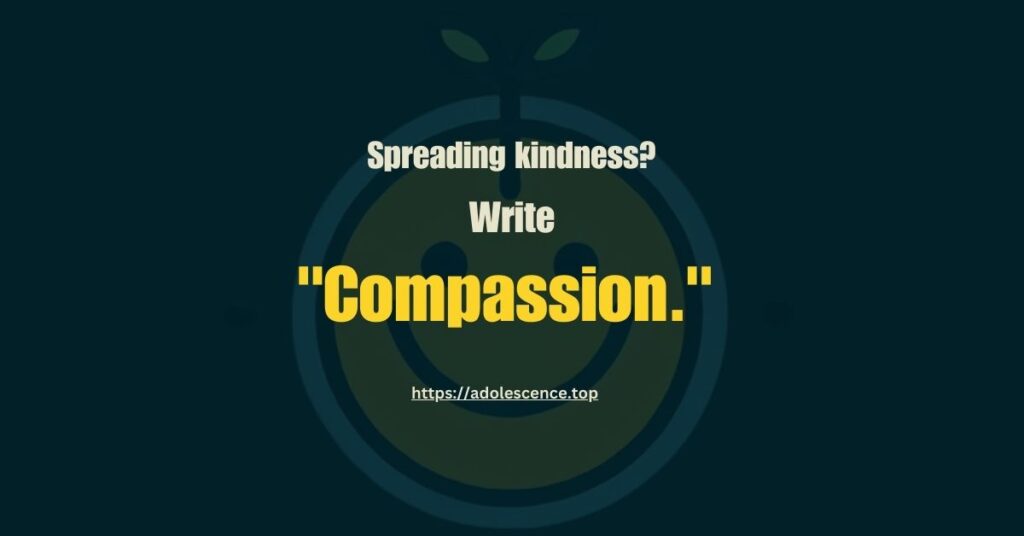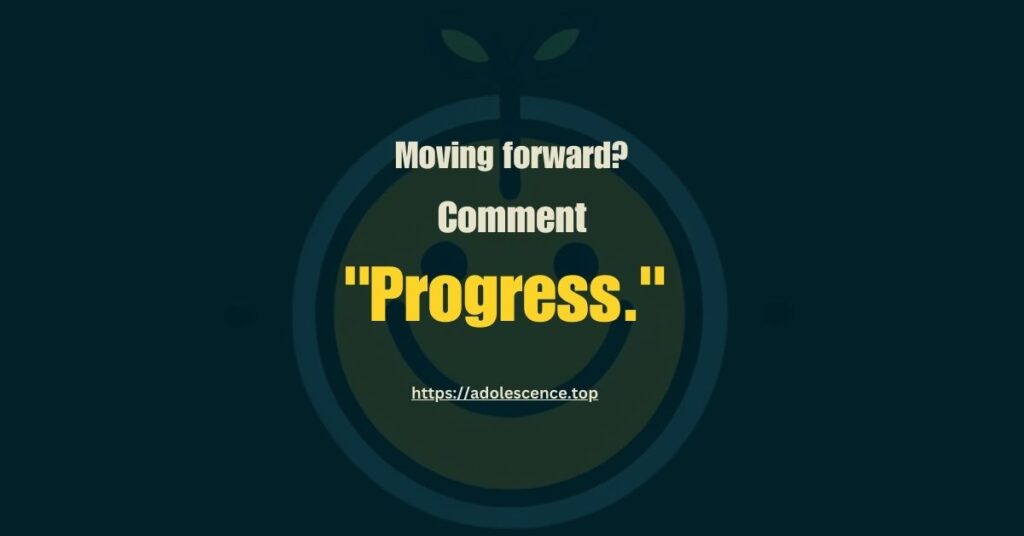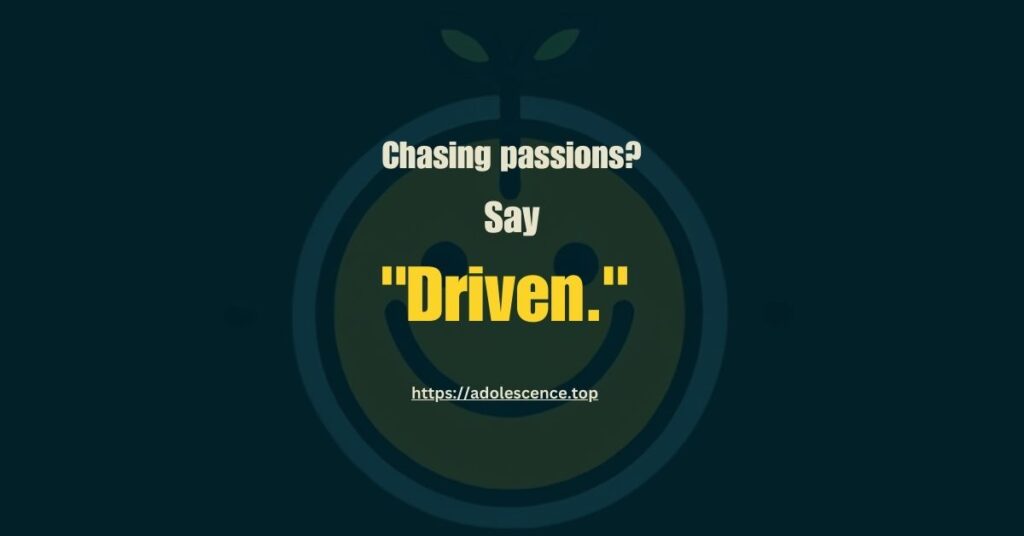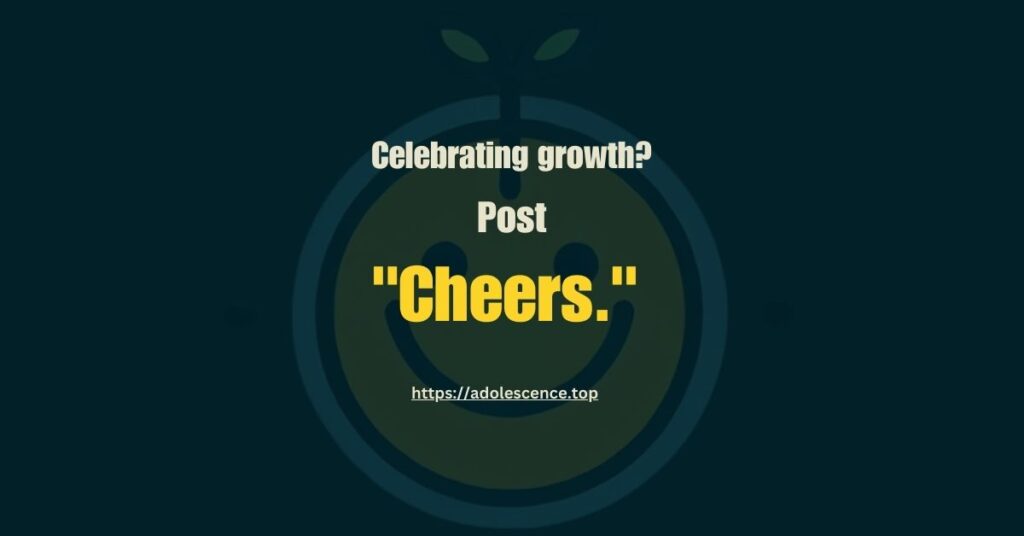Ah, adolescencethe golden age of dreams, drama, and TikTok dances. Some kids want to become the next Beyoncé, while others aim to invent the next game-changing app. But for the rare, dazzling teenager dreaming of following in the footsteps of cybersecurity moguls like George Kurtz, here’s your roadmap to greatness! Parents, buckle upthis journey will be a mix of coding marathons, caffeine-fueled nights, and the occasional existential crisis over why the Wi-Fi is down.
Let’s dive into how to shape a future cybersecurity superstar who might just outshine Kurtz himself.
Step 1: Decode Their Passion (Literally)
Cybersecurity isn’t exactly Minecraft or Fortnite, but it can be just as exhilarating. It starts with nurturing curiosity.
- Adolescents: Ever wondered how hackers break into systems? Or how your favorite celeb’s Instagram got hacked? Use that curiosity to dive into the world of ethical hacking. Start smalllearn to crack passwords (yours, not your sibling’s) or build a simple firewall.
- Parents: Support this curiosity. Yes, it might mean handing over the family computer for “research” (with supervision, obviously), but trust me, their digital escapades are safer than their friends’ late-night scooter stunts.
Step 2: Foster the Hacker MindsetLegally
George Kurtz didn’t wake up one day and say, “I’m going to build a billion-dollar company!” He built a hacker mindseta blend of problem-solving, critical thinking, and just a smidge of rebelliousness.
- Adolescents: Start with platforms like Hack The Box or TryHackMe to practice ethical hacking. You’ll gain skills and bragging rights when you outsmart your friends’ DIY websites.
- Parents: Teach your kid the difference between hacking into their own test system (good) and their school’s grading system (bad). Reinforce that they’re aiming to protect the internet, not terrorize it.
Step 3: Speak the Language of the Cyber World
Cybersecurity experts are like bilingual geniusesthey speak fluent Python, JavaScript, and C++.
- Adolescents: Learning to code is non-negotiable. Start with beginner-friendly platforms like Codecademy or Khan Academy. Work your way up to complex projectsmaybe design an app to remind your parents to stop nagging.
- Parents: Coding might look like gibberish to you, but encourage it. Celebrate small wins, even if all they’ve done is make their name flash on a screen in neon green.
Step 4: Build Business Brains
George Kurtz didn’t stop at hacking; he combined tech genius with entrepreneurial flair.
- Adolescents: Start small. Sell your coding skills or offer to troubleshoot your neighbor’s printer. Learn the basics of business through books like Rich Dad Poor Dad for Teens or How to Win Friends and Influence People.
- Parents: Foster their entrepreneurial spirit. Support their lemonade stand 2.0whether it’s offering cybersecurity consultations to local businesses or creating apps that solve real-world problems.
Step 5: Learn from the Best
Behind every great cybersecurity expert is a mentor who believed in them (and probably taught them not to accidentally break the law).
- Adolescents: Seek out role models. Watch talks by George Kurtz, Kevin Mitnick, or Parisa Tabriz (Google’s “Security Princess”). Join online communities or cybersecurity clubs to network with like-minded peers.
- Parents: Help your kid find mentors, whether it’s through local coding bootcamps or professional conferences. And hey, if their mentor looks like a hipster with a man bun and a laptop covered in stickers, you’re probably on the right track.
Step 6: Embrace the Chaos (and the Blue Light)
Becoming the next George Kurtz won’t be all rainbows and bug-free code.
- Adolescents: You’ll face challengesdebugging at 3 a.m., accidentally deleting your project files, and failing a few certifications. But resilience is key. Learn to love the grind.
- Parents: Understand that your kid might spend hours glued to a screen. As long as they’re not watching cat videos (okay, maybe just one or two), they’re probably learning valuable skills.
Step 7: Celebrate Every Victory
From passing a cybersecurity certification to landing an internship, every milestone deserves celebration.
- Adolescents: Treat yourself to something smalla new gadget, a pizza, or just a nap. Success feels even better when you acknowledge it.
- Parents: Be your kid’s biggest cheerleader. Whether it’s shouting “That’s my kid!” at their first tech talk or simply showing up with snacks during their marathon coding sessions, your support will mean the world.
Bonus: Remember, It’s Okay to Fail
Failure is part of the journey. George Kurtz didn’t build CrowdStrike by acing every test or dodging every mistake. He learned, adapted, and kept going.
- Adolescents: When things go south, laugh it off and start again. You’re not saving the world (yet).
- Parents: Teach them that mistakes are stepping stones, not stumbling blocks.
The Road Ahead
Raising the next George Kurtz isn’t about forcing a mold; it’s about supporting a spark. Adolescents, dare to dream big and work hard. Parents, encourage their ambitions while keeping them grounded.
And who knows? One day, your kid might just be headlining a tech conference, saving the internet from the next big cyber threat, or founding the next multi-billion-dollar startup. If nothing else, at least you’ll finally understand what “cybersecurity” means.
Cheers to the future Kurtzes of the worldmay their firewalls be unbreakable and their dreams unstoppable!
